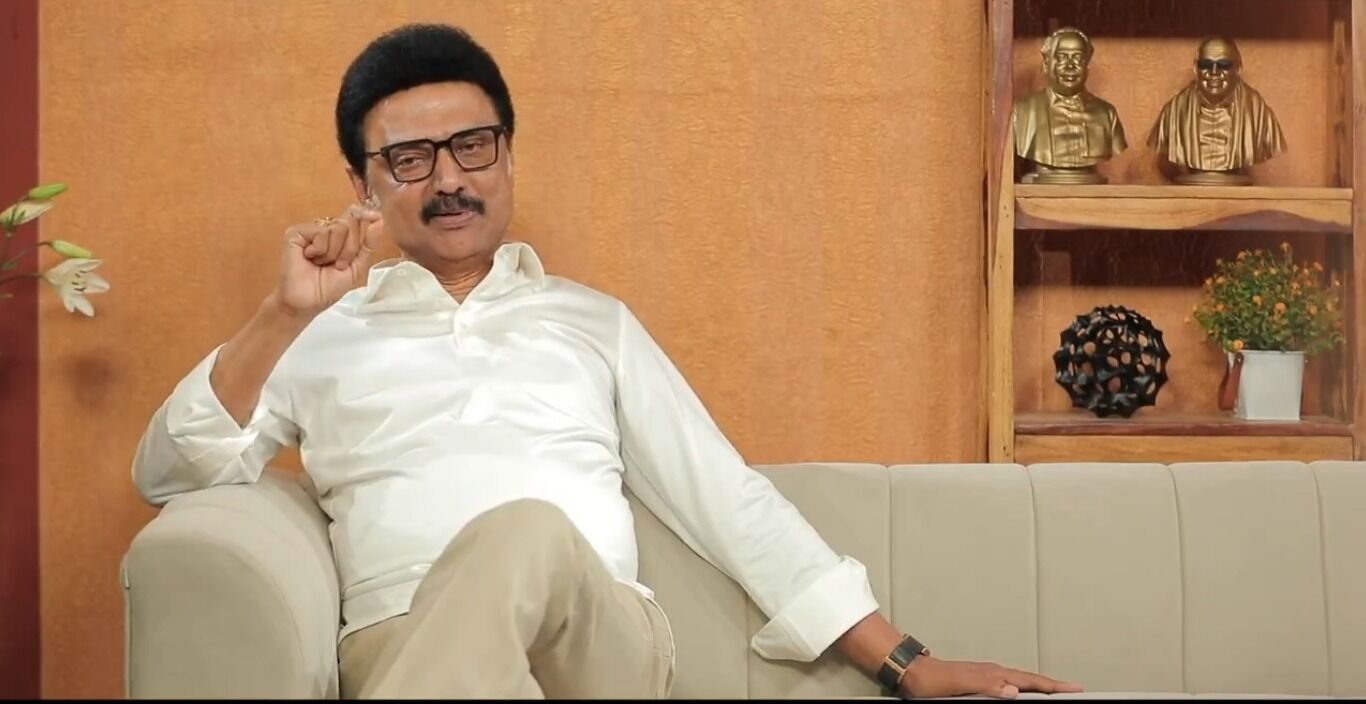Waqf amendment unnecessary, withdraw Bill, CM Stalin writes to PM Modi
In his letter to the PM, Stalin referred to Constitutional right to follow respective religions and the duty of elected governments to uphold and protect it, and said that the proposed amendments to the Waqf Act 1995 did not take into consideration the protection given to minorities and it was bound to severely harm the Muslims' interests.

Chief Minister MK Stalin
CHENNAI: Chief Minister MK Stalin on Wednesday wrote to Prime Minister Narendra Modi, urging him to withdraw the proposed Waqf (Amendment) Bill 2024 and protect the interests of minority Muslims and preserve the Waqf institutions.
In his letter to the PM, Stalin referred to Constitutional right to follow respective religions and the duty of elected governments to uphold and protect it, and said that the proposed amendments to the Waqf Act 1995 did not take into consideration the protection given to minorities and it was bound to severely harm the Muslims' interests.
Enclosing a copy of the resolution adopted in the Tamil Nadu Legislative Assembly on March 27, 2025, urging the Union government to withdraw the proposed Waqf (Amendment) Bill, 2024, the CM requested the PM to personally intervene in protecting the interests of minority Muslim people and preserving the Waqf institutions. "As the existing Waqf Act, 1995 is adequate and it has clear-cut provisions to safeguard the interest and properties of Waqfs, it is our view that there is no need for such far-reaching amendments to the existing Act," he added.
Arguing that the "time-tested" provisions in the existing Waqf Act provide protection to the Waqf properties, the CM said that the amendments proposed to the Act will weaken the powers and responsibilities of the Boards in the management and protection of properties. Reasoning that the large-scale modifications proposed across a wide range of sections in the existing Act would dilute the very spirit of it, the CM said that the proposed mandatory inclusion of two non-Muslim members in State Waqf Boards will undermine the religious autonomy of the Muslim community's ability to manage its religious and charitable endowments independently.
"Removal of the 'Waqf by user' provision threatens the status of many historical properties. The stipulation that the individuals who practiced Islam for at least five years only can donate properties to Waqf will prevent Non-Muslims from donating properties to the board, which will hinder the syncretic culture of the country," the CM said.



